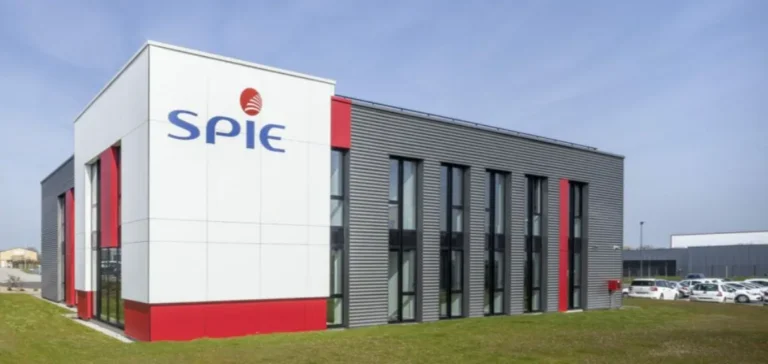SPIE Nucléaire, the French subsidiary of SPIE specialising in multi-technical services for the energy sector, announced the signing of a national contract with Electricité de France (EDF) to work across all its nuclear plants. The agreement covers the use of temporary cryogenic sealing technology to isolate circuits without interrupting power generation.
The technique, known as the “ice plug,” freezes the fluid within a pipe to create a temporary isolation point. It is applied to circuits whose complete shutdown would otherwise require the reactor to stop. Since March 2025, SPIE Nucléaire has been working on pressurised water reactors of 900 MW, 1300 MW and 1450 MW across the EDF-operated fleet.
A solution designed to optimise maintenance operations
The use of cryogenics in nuclear plants avoids draining circuits, reducing intervention time and operational constraints. The method is compatible with various configurations, including both horizontal and vertical piping. It also improves safety by limiting handling and the need for extensive system lockouts.
SPIE Nucléaire has developed a monitoring system combining thermography and acoustic control to ensure real-time supervision of the ice plugs. This integrated surveillance relies on sensors connected to thermal cameras, allowing continuous assessment of system stability during maintenance activities.
An industrial expertise consolidated across the French fleet
The contract confirms SPIE Nucléaire’s growing presence in non-intrusive isolation technologies. Since 2020, the company has gradually implemented its cryogenic solutions across several French nuclear sites, gaining recognition from the public operator. Such technology enables EDF to maintain continuous operations while reducing interruptions from scheduled maintenance.
“Our innovative control system perfectly illustrates our commitment to research and development,” said Nicolas Venancio, MMC Activities Manager at SPIE Nucléaire. He explained that these interventions strengthen equipment reliability while optimising the technical management of partial outages in a demanding industrial environment.






















